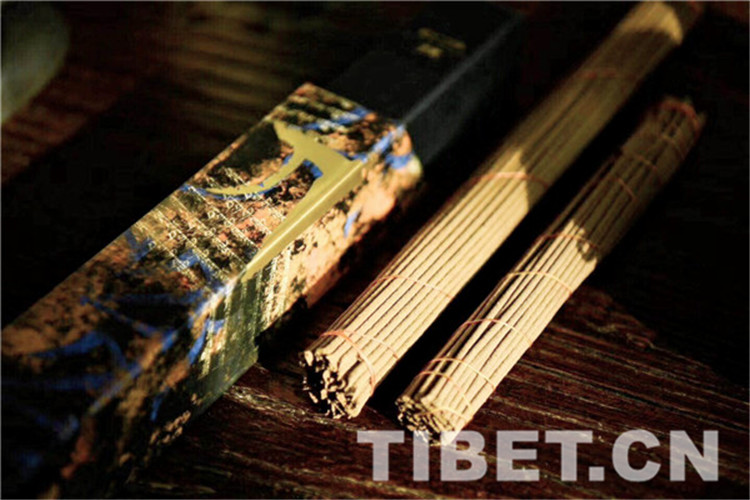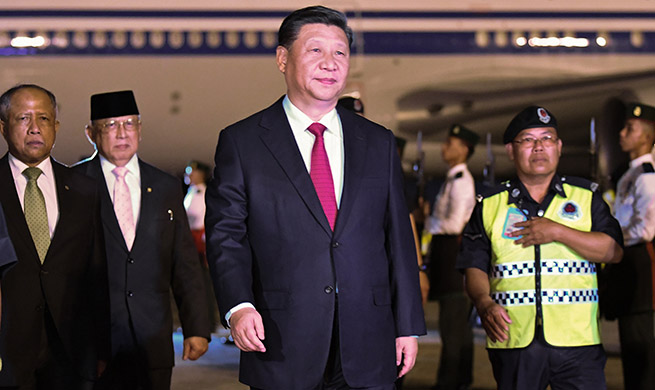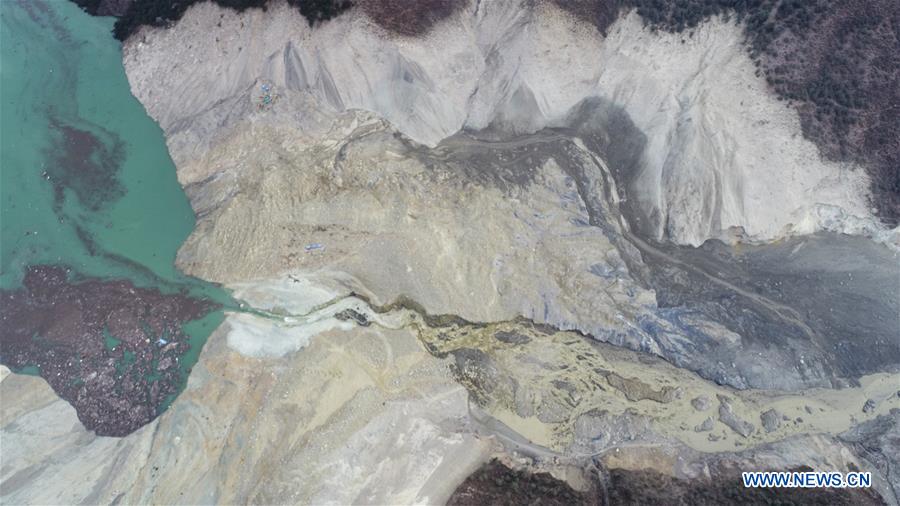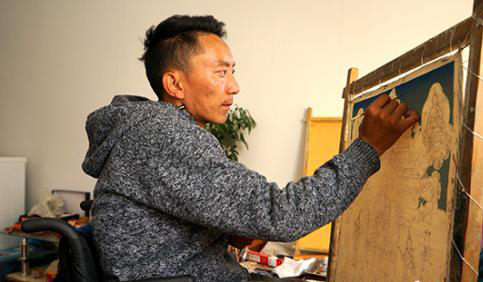Commentary: 14th Dalai Lama's ebbing influence in Tibet
Sixty years after the 14th Dalai Lama, who fled China in the wake of a failed coup to resist the slave abolition reform, his following among people in Tibet is waning.
The last 60 years have been a period in which the Tibetan people pondered and compared his words and deeds. The 14th Dalai Lama, who fiddles with politics under the disguise of religion, waywardly fanned up instability in the region and sought to impede the order of Tibetan Buddhism.
Particularly in 2008, he used his influence to instigate violence and secessionist activities in the region. Now, in contrast to his weakened following, Tibet Autonomous Region sees growing social stability and prosperity.
No self-immolation incidents, which Dalai group leadership actively encouraged, have occurred in Tibet in recent years.
Why is the 14th Dalai Lama's popularity fading? First and foremost, Tibetan people know what he is capable of.
From the 1980s, with the branding of Western politicians, he made waves on the global stage as a so-called "human rights fighter" or "icon of peace and non-violence," but these can not hide his real intentions to separate Tibet from China. Some who fled to seek his hospice and blessings chose to return to Tibet.
Secessionist activities are widely denounced in the world, and anyone who carries out such activities has no way to win the heart of the people.
Second, people in the autonomous region enjoy improved livelihood and benefit from all-around development. They are willing to pursue a path of stability and prosperity, rather than one of bondage and ignorance under the rule of theocracy.
With immense support from the central government, Tibet has notched up double-digit growth for 25 consecutive years as of 2017. In 2018, its GDP reached 147.76 billion yuan (22 billion U.S. dollars), soaring from the 1959 figure of 174 million yuan.
The Tibetan people's rights to political and public affairs are protected by law. They enjoy the freedom of religious belief, bask in huge economic success and cultural fulfillment.
Third, the fundamental guarantee of development, stability and progress in Tibet is provided by the leadership of the Communist Party of China. Simply putting the Dalai Lama on the pedestal has never brought and will never bring happiness to the local people.
"In the past, to lend credibility to our words, we often said, 'I swear to the Dalai Lama that I am telling the absolute truth,'" said 76-year-old Tashi, a local Tibetan in Shannan. "I just don't use that expression anymore."
A poll conducted earlier this year supports the fact of his ebbing popularity. When asked about how is the influence of the 14th Dalai Lama in the villages, close to 80 percent of 1,500 village-level officials replied that the influence is minimal or has been on the wane.
This year marks the 60th anniversary of a democratic reform that abolished theocracy and serfdom in Tibet.
The 14th Dalai Lama attempted to cling to the system of serfdom and slavery in old Tibet.
A White Paper titled "Democratic Reform in Tibet -- Sixty Years On," published in March, says that "even as they were aware that feudal serfdom under theocracy was coming to an end, the 14th Dalai Lama and the reactionaries in Tibet's upper class had no wish to conduct reform."
As people in Tibet now enjoy more freedom, prosperity and stability, the influence of the 14th Dalai Lama is bound to keep ebbing away.
Your Comment
Name E-mail






